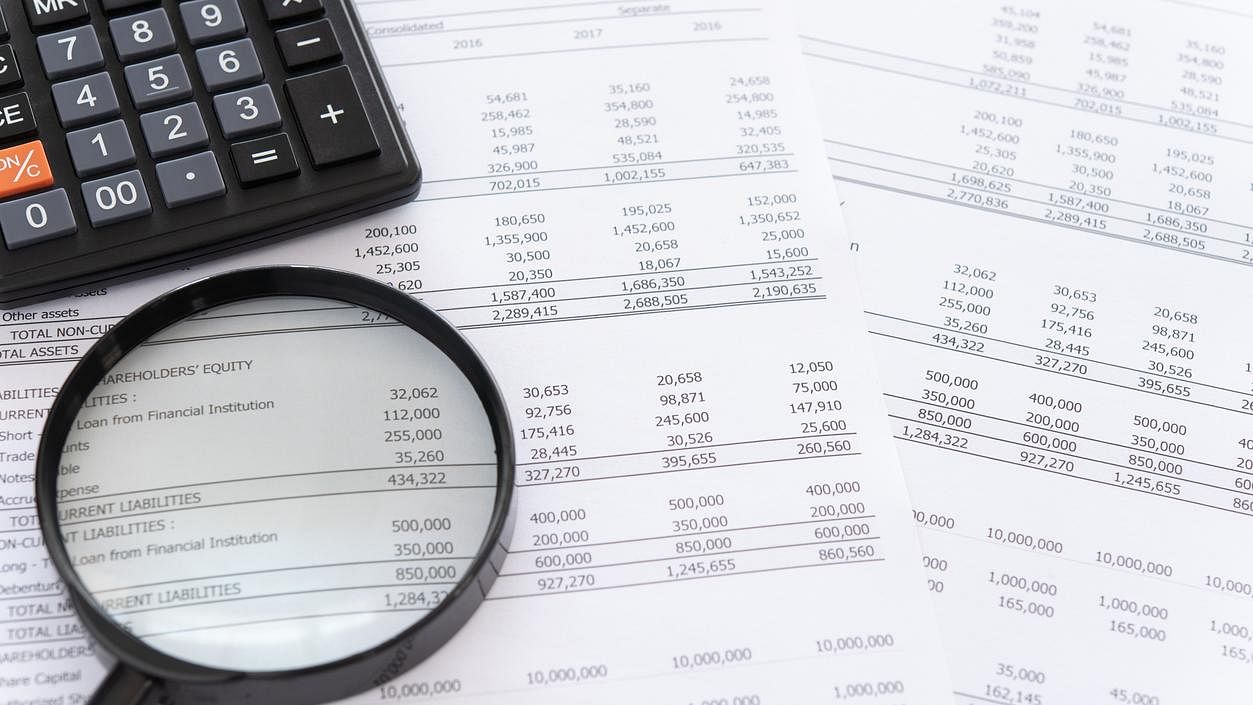
The Economic Survey 2020-21 has made the case for yet another balance sheet clean-up for Indian banks -- a move which is likely to send the Reserve Bank of India's estimates on bad loans for a toss.
"A clean-up of bank balance sheets is necessary when the forbearance is discontinued. Note that while the 2016 AQR exacerbated the problems in the banking sector, the lesson from the same is not that an AQR should not be conducted. Given the problem of asymmetric information between the regulator and the banks, which gets accentuated during the forbearance regime, an AQR exercise must be conducted immediately after the forbearance is withdrawn," the survey states.
Read | India reaping 'lockdown dividend' by saving lives and livelihood: Economic Survey 2021
In 2015, RBI, under former governor Raghuram Rajan had initiated an Asset Quality Review (AQR) to clean up bank balance sheets. The clean-up picked up further steam under the leadership of Urjit Patel.
While gross NPAs increased from 4.3% in 2014-15 to 7.5% in 2015-16 and peaked at 11.2% in 2017-18, the AQR could not bring out all the hidden bad assets in the bank books and led to an under-estimation of the capital requirements, the survey said.
This led to the second round of lending distortions, thereby exacerbating an already grave situation, it added.
"In reality, the AQR exercise significantly under-estimated the full extent of NPAs as well as the resultant capital infusion that was required to ensure that the bank balance sheets indeed become healthy," the Economic Survey states.
In terms of additional (gross) NPAs, public sector banks added about Rs 5.65 lakh crores from FY2016 to the end of FY2019. To put this amount in perspective, the additional NPAs translated to about 7.9% of the total tax revenue over this period.
Also Read | India projects economic growth of 11% year-on-year for 2021-22
The RBI, in the baseline scenario, is expecting the gross NPA ratio of the Indian banks to double by September 2021.
The survey is also critical of the fact that the 2015 balance sheet did not reveal the extent of evergreening of loans by the banks.
"The recent events at Yes Bank and Lakshmi Vilas Bank corroborate that the AQR did not capture ever-greening carried out in ways other than formal restructuring," the survey.
The story of issues in the YES Bank's balance sheet and its woes about the impending NPA write-off was first reported by DH in 2019.